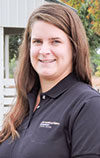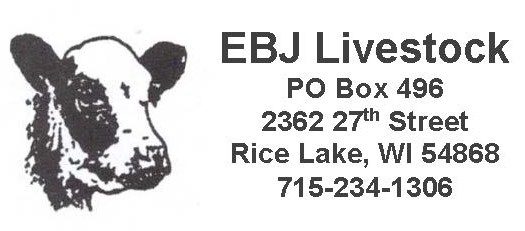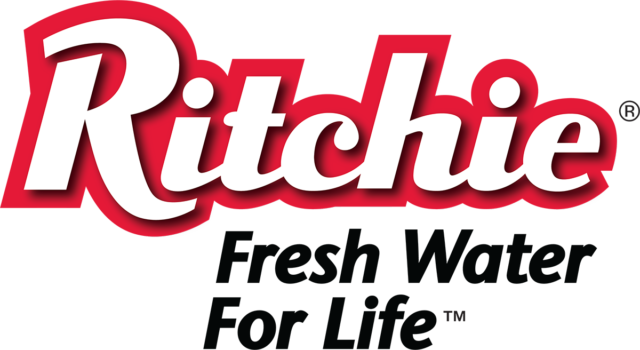Similar to buying a new piece of equipment, purchasing a new bull can be a sizeable investment but also cover a lot of ground. Bulls typically stay in “operation” for five to six years, siring over 250 calves in their lifetime. Therefore, it is vital you pick the right bull for your operation. If done with the right forethought and research, the right bulls can make your operation more profitable.
Here are a few questions to consider when sitting down with your sale catalogs:
1. What is your environment? Dry desert, mountain, irrigated pasture?
All these environments will put certain demands on the bull you select. If you are planning on putting the bull out into large, rough pastures, pay attention to foot scoring and age of the bull.
2. What is your end goal? Marketing?
Pick a bull that will meet your marketing needs. If you sell calves at weaning, pay attention to weaning weight; if you sell as yearlings, put more importance on yearling weight; and if you sell on the grid, pay more attention to carcass quality attributes and $Value indexes.
3. Will you be retaining replacement heifers?
In the West, it’s best to use cattle acclimated to our environment. For this reason, it is sometimes easiest to retain your own heifers that have been raised in your operation, know your pastures, where to find water, etc. When picking a heifer bull, pay close attention to calving ease direct, heifer pregnancy and calving ease maternal.
4. What does your cow herd lack?
Sometimes the hardest question to answer is what you lack in your current herd. Do you need smaller-frame cows? Better feet and legs? More sound udders? Take an inventory of your herd, make a wish list of what you would like to see more of and work from there.
Once you know what you are looking for, begin weeding out bulls that don’t meet your most important criteria. Next, consider what attribute is most important to improve in your herd, and begin looking into bulls that have those characteristics. A good bull can make a huge impact in the profitability of your herd, so it is important to make the most educated choice. ![]()

-
Carmen Willmore
- Extension Educator
- University of Idaho Extension – Lincoln County
- Email Carmen Willmore







